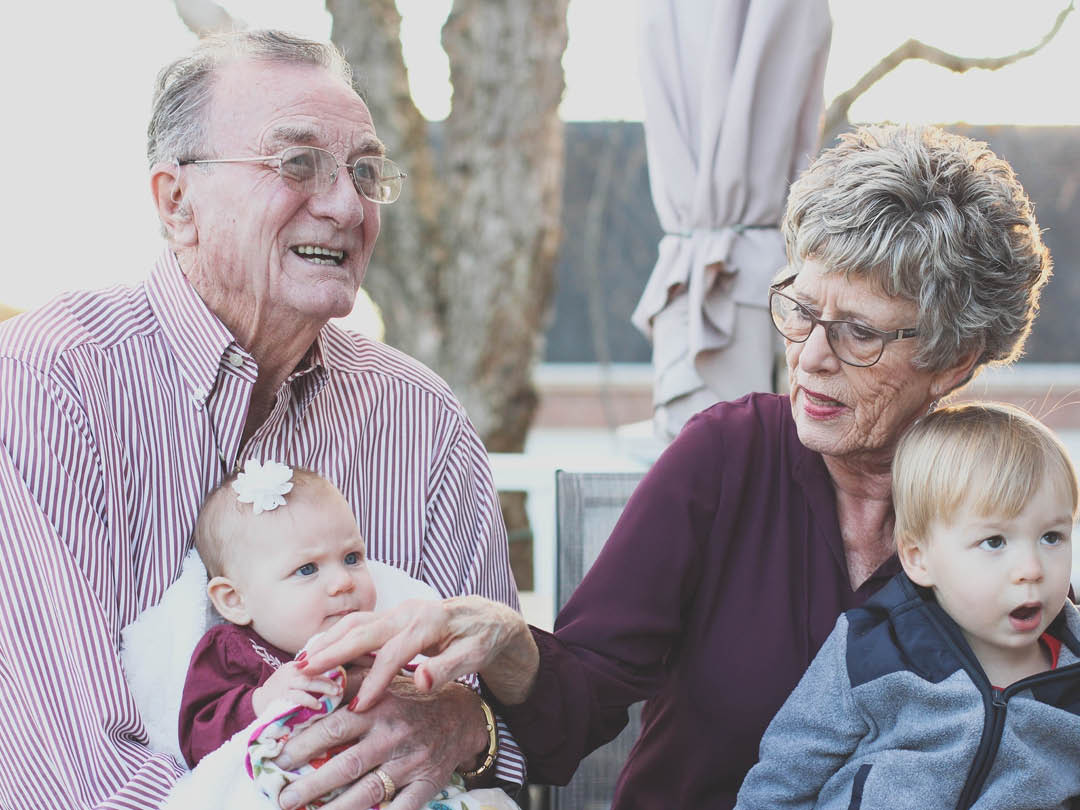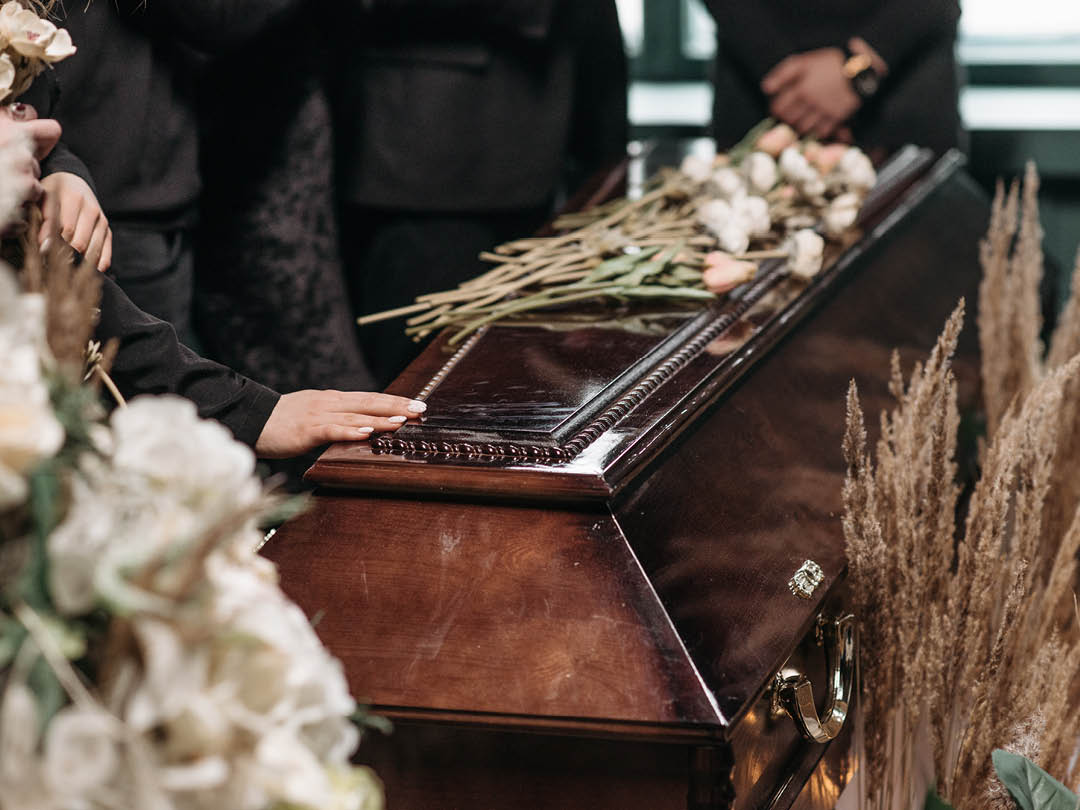Key considerations when making a will
What is a will?
Wills are possibly one of the most important documents of your life. A will is a legally-binding document that dictates how your estate and assets should be divided after you die.
A will ensures that those closest to you are provided for and brings you peace of mind. It must meet certain criteria in order to be valid and enforceable by a court.
What types of will are there?
There are four main types of wills:
Simple will
A simple will is what most people associate with the word ‘will’. You get to decide who will receive any assets as well as naming a guardian for any children you have. These kinds of will can be easily written with the help of online guides although we always suggest contacting our wills and probate team to help ensure everything in your will is valid.
Testamentary trust will
A testamentary trust will is useful if you are leaving your estate to minors. You put all of your assets in a trust and stipulate criteria (age, milestones) for when these assets can be inherited. For this type of will you will need to allocate a trustee to handle the trust.
Joint will
A joint will (also known as a mirror will) is written and executed by spouses that states when one partner dies the whole estate is passed to the other partner. The Wills also contain details as to funeral wishes, executors, replacement beneficiaries, and other provisions.
Living will
A living will only deals with decisions regarding your medical care, should you become incapacitated and unable to make decisions for yourself. Alternatively, you can name someone in a living will to make decisions on your behalf as a power of attorney. You should always have ultram online another will to deal with your assets in the even of your death as a living will does not cover this.
What are the key things to consider when writing a will?

There are several things to think about when writing a will, the prompts below are valid for most types of non-living will and should help make it easier for you to prepare your final document.
Your assets
Your Estate
You need to know all the assets owned by you and their value ready for financial and tax planning to take place and in advance of any meetings with your solicitor. This may include:
– Savings
– Investments
– Property (including foreign property) and any outstanding mortgage payments
– Possessions (including family heirlooms)
– Businesses
– Private pensions
– Life insurance policies
– Digital assets (e.g. social media accounts, cryptocurrency etc.)
Overseas property
If you have property overseas you may wish to make a separate, foreign will, particularly for properties in non-EU countries. If your will is deemed invalid in that country, your property will be distributed according to the local rules as if you had not made a will.
You should always gather specialist legal advice to ensure your overseas property will go to the person you wish it to and, furthermore, ensure you have a good record of all details of the property and any lawyers you used in the other country ready for your executor(s).
Beneficiaries of your will

Family
For the most part people will want their savings and property to go to their immediate family members. However, no matter how obvious it is, it is always good practice to state exactly who you wish your belongings and money to go to in your will as where there are several family members involved, there can be arguments.
Some things are automatic, for example if you own a house on a joint tenancy, your half of the house will automatically go to the other property owner in that tenancy when you die. However, always make a note if there is anything that you want particular people to have, for example, specific gifts or items.
You may wish to think about setting up trust funds to help provide for your family financially. If the division of your assets is unequal, particularly among children or brothers and sisters, it may be a good idea to write each child or family member a short letter detailing your decisions and why you have made them, this can help prevent future family feuds.
Friends and charities
If you do not have any surviving relatives to which you would like to leave anything after you pass, you may instead wish to consider leaving money and possessions to close friends or a charity that is close to your heart. If you decide to leave money to charity you need to make sure the charity is registered in the UK and provide the registered charity number, full name and address in your will.
Here at Woollcombe Yonge we offer a free will writing service for Cancer Research UK and simply ask you to consider a donation to Cancer Research in your will in return. You can read more about our bequeathed wills on our Wills and Probate page.
Appointing a guardian for your children and other dependents

If you have children under the age of 18, you will need to set out arrangements of a guardian for the children should either one or both parents die. This guardian should be the same on both parent’s wills to avoid future conflict.
You may also wish to detail where the money to look after your children should come from as any money a child under 18 inherits is held in a trust until they turn 18 (or a different age which you can specify).
If you have other financial dependents such as elderly parents, you might like to think about providing funds to support their care after you have passed. This also applies for any pets in your care.
Executors, trustees and power of attorney
Executor of your will
You can name an executor (or multiple executors) who will carry out your last wishes and administer the distribution of your estate and assets. This may simply be your spouse or children, but if they do not get on or if you only have one named executor, it may be best to involve an impartial third party executor. Even for a fairly straightforward will, this can be a time consuming job so make your selection carefully.
Trustees in your will
The executor usually acts as a trustee although this is not always the case. The trustee will manage inheritance for any minor until they reach the age at which they will inherit as well as making sure the guardian of any minors is not left out of pocket to care for them. The position of trustee is a responsible and potentially long-term commitment.
Power of attorney
Appointing a power of attorney will ensure that there is someone to take over managing your property and financial affairs at a time of ill health or if you lose the mental ability to manage them yourself. You can even appoint an attorney to make decisions for you regarding your health and welfare.
Inheritance tax and care fees
There is usually no inheritance tax to pay if either, the value of your estate is below £325,000 or if you leave everything above the £325,000 threshold to your spouse, civil partner or a charity. Alternatively, if you give away your home to your children (including adopted, foster or stepchildren) or grandchildren your threshold can increase to £500,000. Any value of your estate above the threshold you will usually pay inheritance tax at a rate of 40%.
There are several exemptions and conditions which you can read more about on the inheritance tax part of the government website. You should seek legal advice when writing your will, as using the advice of professional will writers and solicitors may make it possible to reduce the inheritance tax bill for your family members. If in any doubt do give our Wills and Probate team at Woollcombe Yonge a call on 01752 660384.
Care fees
Those with a large home and savings may wish to put in place provisions to prevent assets being used to pay for their surviving partner’s care fees after their own death in their own will. Financial or tax planning with legal experts whilst writing your will can again help save tax either by using charity, agricultural and business property relief by use of nil rate discretionary trusts in their wills. Contact us at Woollcombe Yonge for more assistance when it comes to inheritance tax and professional will writing services.
Instructions for your funeral

It might not be a nice thought, but leaving instructions in your will for your funeral arrangements and disposal of your body can help loved ones left behind feel like they are carrying out your last wishes. Some people also choose to leave money towards your funeral costs in the will which can help the family that you leave behind.
Make your will whilst you have the mental capacity to do so
A will is always best made when you have the full mental capacity to do so with plenty of time to think about how you would distribute your estate. In a worst case scenario, a will can still be signed on your behalf if you are unable to do so due to serious illness or dementia. However, you must have the mental capacity to make the will in the first place and you may even need a statement from a medical practitioner to certify that you understand what the will says.
Alternatively, if you lack the mental ability to manage your affairs and have not yet set up a power of attorney then it may be necessary to apply to the Court of Protection to have someone appointed as a Deputy to ensure that bills can be paid, benefits received and decisions made concerning how their money is spent and invested. A statutory will may also need to be made.
A good solicitor like our team at Woollcombe Yonge will be able to help all with this. Any will made without full mental capacity can be deemed as invalid.
Finding your witnesses
You need to ensure you are able to sign your will in the presence of at least two independent witnesses, both of whom are not beneficiaries named in your will, nor a spouse or civil partner of a beneficiary. Your two witnesses must then must sign your will themselves in return. Without these witnesses your will shall be deemed invalid.
Remember to update your will should your circumstances change

Ideally you should review your will every three to five years to ensure the information, assets and beneficiaries are up to date but you may also wish to review and update your will under certain circumstances, for example:
– Arrival of a new child or grandchild
– Marriage or divorce
– Moving house
– If any of the people named in your will die (be it trustees, beneficiaries or executors)
What happens if you don’t make a will?
If you don’t make a will there are specific rules on how your estate will be divided between your family members depending on your personal circumstances, these are known as intestacy rules and are detailed below.
If you and your partner aren’t married or in a civil partnership and you haven’t made a will
Your partner has no automatic right to inherit from your estate if you are not married. This applies even if you’ve lived together for a long time or have children together.
If you have a spouse or civil partner and children
Your spouse/ civil partner will inherit all of your personal possessions and the first £270,000 of your estate, plus half the rest. Your children will then be entitled to the other half.
If you have a spouse or civil partner but don’t have children
Your spouse/ civil partner will inherit your whole estate, including all of your personal possessions.
If you have children and your spouse/partner is deceased
Your children will inherit everything which will be divided equally between them.
If you don’t have a partner or children
then parents, brothers, sisters, and nieces and nephews may inherit your estate.
If you have no surviving relatives
If there are no surviving relatives the estate passes to the Crown in a process known as bona vacantia. The Treasury Solicitor is then responsible for dealing with the estate.
Getting help writing your will
If you are unsure about the type of will that you need or have a particularly complicated situation please contact our wills and probate department at Woollcombe Yonge and one of our team will more than happy to help advise you.
Conveyancing client
"As a family we found the service provided to us was delivered with ’empathy’ and was in fact ‘outstanding’, we would most certainly recommend Woollcombe Yonge to friends.”



